When you speak of Freddie Gibbs, it’s almost impossible to forget about his longtime manager and confidant Ben “Lambo” Lambert. After all, the GRAMMY-nominated rapper and music executive have stuck by each other’s side for nearly 20 years — through hell and high water, feast and famine and, in 2016, very serious criminal accusations that were proven false. It now serves as a pivotal moment in both their lives, but instead of looking back at it, Lambo chooses to press forward with rearranged priorities emphasizing on self-care, collaboration and family.
Lambo describes that 2016 incident, where Gibbs was arrested in France and extradited to Austria on charges of sexual abuse against two women, as the biggest challenge he’s had to face so far. He gathered and managed a legal team of 11 attorneys across three different countries to ensure that Gibbs came home safe and sound, and while the rapper was acquitted several months later, his manager remembers the struggles of it all, from his lack of a criminal law background to language barriers, veiled racism, inflammatory media reports and the responsibility of speaking up for his friend when the rapper was unable to do so himself. Nothing in his career, which includes his many roles of being a manager, creative director, creative marketer, A&R, executive producer and record executive could have prepared him for the severity of the situation. “I’m not sure anyone would know what to do without actually having to go through it,” he shares. “I actually considered going to law school in the process.”
Those legal troubles are far behind the duo now, and these days Lambo’s biggest challenge is learning to put the phone down. This shift in thinking started during the pandemic, as the music industry was put to a halt — giving Lambo time to accept that many people in creative industries put more emphasis on numbers rather than art. Lambo’s been focused on making himself less accessible over the last couple of years, detaching from the unhealthy notion that he owes everyone his time or responses 24/7. “I’m a firm believer in both being able to co-exist and impact at the same level, ” he says. Lambo also balances time with his family and close friends, making sure that unless it’s an important studio session, concert, or festival, his weekends are spent with his wife, children and other individuals that he’s close with. As he puts it, “Family is everything.”
Lambo putting his family first doesn’t come as a surprise to those who knew him growing up. After all, his home was filled with music and movies; his father was always sharing the songs he loved while his mother, who worked in films, passed on her knowledge to him and his sister Molly, with whom he used to spend hours watching MTV and The Box to absorb as much ‘90s pop culture as they could. Lambo never doubted that his career would involve either music, film, art or something creative, and his early career path seemed natural. He took on his first stint in the music industry when he was 16 years old, working for Slum Village’s street team to promote their cult-classic 2000 album Fantastic, Vol. 2 in exchange for merchandise and memorabilia. After high school, Lambo attended University of California, Berkeley, where he worked as a scout/intern for Interscope Records and, importantly, discovered Gibbs. Upon graduation, he and Gibbs formed a team and worked on mixtapes like Midwestboxframecadillacmuzik and The Miseducation of Freddie Gibbs, before Lambo became Gibbs’ full-time manager while simultaneously working at legendary labels such as Stones Throw Records and Innovative Leisure and managing other artists like Pink Siifu.
Almost two decades later, Lambo still maintains a good headspace by obeying two practices: letting things run its course and taking care of himself. “Exercise and going outside are super important. Mental health first. If your mind isn’t right the work won’t be either,” he emphasizes to HYPEBEAST. “Nothing is worth getting too stressed out or angry about. Sometimes you just need to walk away and revisit things later. Every day won’t be your best, but without the bad days you wouldn’t notice the good ones. A bad day is just a good day waiting to happen.”
How would you describe your job to someone who isn’t familiar with the music industry in three words?
Coach, creator, friend.
Now describe your job in a little more detail.
I manage the day to day life and career of artists and help guide their creative processes as well as their business decisions. I look at it like being a basketball coach or film director: it’s a lot easier to win when you have great players or actors to work with.
Can you run us through a day in your work life?
I wake up at around 6 a.m. I feed my kids, get them ready and take them to school.
Then I hike or do hot yoga around 9 a.m.. If I hike, I go through emails and do my morning calls at the same time. I don’t really ever sit at a desk at this point; I’m constantly in motion. As long as I have my phone and a sketch book I’m good to go. I usually have a call with Freddie every morning to catch up on random topics, which usually leads to some kind of creative discussion. The best ideas generally spark off of conversations that have nothing to do with work.
Then it’s brainstorming, texting with Matthew, my genius designer from SCP, as well as Freddie and Siifu’s agent Akin. Random calls with Norva or Julian from the label, or Carron the attorney. Run around the city, or maybe go to the studio (preferably [Rick Rubin’s] Shangri-La). It all depends on the day and what needs to be done. Some Zoom calls, meetings, shoot some hoops in the backyard, etc.
When the kids come home from school, I usually try to stop for the day. It’s a constant flow of work and ideas that won’t turn off until I put my phone away at night, so I make sure I never take it into the bedroom with me.
What are the first steps a young person should take to enter a career in music as a manager or executive?
Surround yourself with like-minded, hungry people who believe as much as you do. Be willing to listen, and accept that you don’t know everything. Learn something new everyday and just be good to people. Be someone other people want to be around. Talent and all that is first and foremost, but being someone other people are comfortable dealing with is just as important. You never know what organic relationships and friendships will end up paying off in the long run.
Learn patience and when to push and pull back. How to follow up without overdoing it. If you believe in something, be confident enough to go for it, but also understand that everyone else might not get it at first, or even for a long time. Self awareness and patience are probably the most important traits to really understand and practice.
If you can remain timeless, the calendar doesn’t matter.
What lessons have you picked up after working in the music industry for all this time?
Keep your head down and keep going. Let it happen organically. It’s all energy. I love creative sparks — when an idea hits in a magic moment of inspiration. Coming up with the merch designs and concepts, marketing ideas, etc. is very fulfilling and exciting for me. It happens at the most random times, I really can’t force it. I’ll be watching a movie, driving or hiking, and something just clicks. When this happens I have to run to write the idea down and make sure it goes into motion. Freddie and myself, Siifu and myself — I love having creative calls and discussions where you might be talking about anything but work, and all of a sudden ideas start pouring out. From a drizzle to a brainstorm real quick.
What is one thing about your job that most people would find surprising?
I don’t really ever sit at a desk anymore. I’m at my best when I’m moving around. Shooting a basketball, hiking, driving, strolling a neighborhood. I can’t tell you how many times I’ve muted myself on a conference call while I’m shooting hoops or hiking while on a Zoom. It’s a form of meditation. I feel like with all the technology we have in our pockets, physical activity while being productive should be more normalized.
The whole time we were finishing up and rolling out Alfredo, I was sitting in the backyard of my house while my toddler was in a kiddie pool. I’d be on FaceTime with Freddie and The Alchemist, long creative calls with my art guy Vlad, merch emails with Second City Prints, talking to Nima from Empire about release dates and to Rich Gains about wrapping up certain records in the home studio — all while my son was home all day every day with no school or daycare. I was walking around the neighborhood with him in a stroller while helping put together a GRAMMY-nominated album.
It’s not as glamorous as it looks. You see the highlights. But all the days where it’s just you and the work, you and the ideas, how long it takes to go from inception to execution, sitting in the studio, starting from scratch… It’s a marathon, not a sprint. Rest in peace, Nipsey.
Is there a secret to career longevity in the music industry?
The slow burn is better than the quick burn out. Work on timeless material rather than following trends. If you can remain timeless, the calendar doesn’t matter. You can exist in your own place, and keep growing and improving. Being able to keep learning is incredibly important, as is not being stubborn. Understand that the world changes and you don’t have to love everything new or different, but you have to understand why those things exist, and why other people might love them. Take everything a day at a time, and manage expectations while also taking risks.
How do you see your job evolving with the music industry in the next five years?
I love the creative side of what I do. I’d like to do more creative directing, producing films and TV shows, helping build worlds for more labels, brands and artists. I take pride in my world-building ability — it’s something I really enjoy doing, and I think that as life becomes more and more digital, it’s important to make sure that the tangible items, excitement and full immersion into art, whether it’s music, films, video games, books or whatever continues.
If you weren’t in the music industry, what would you be doing?
I’d probably own a diner in a sleepy coastal beach town that serves 15 kinds of pie and strong coffee. Chat with some locals, drink 20 cups a day. Then come home, paint and watch movies all night. Or I’d take a time machine back to 1996 and work in a video store.
Stay tuned for more features with music industry professionals — from managers to sound engineers, stagehands and others; the people who make the music world go round without standing behind a microphone.

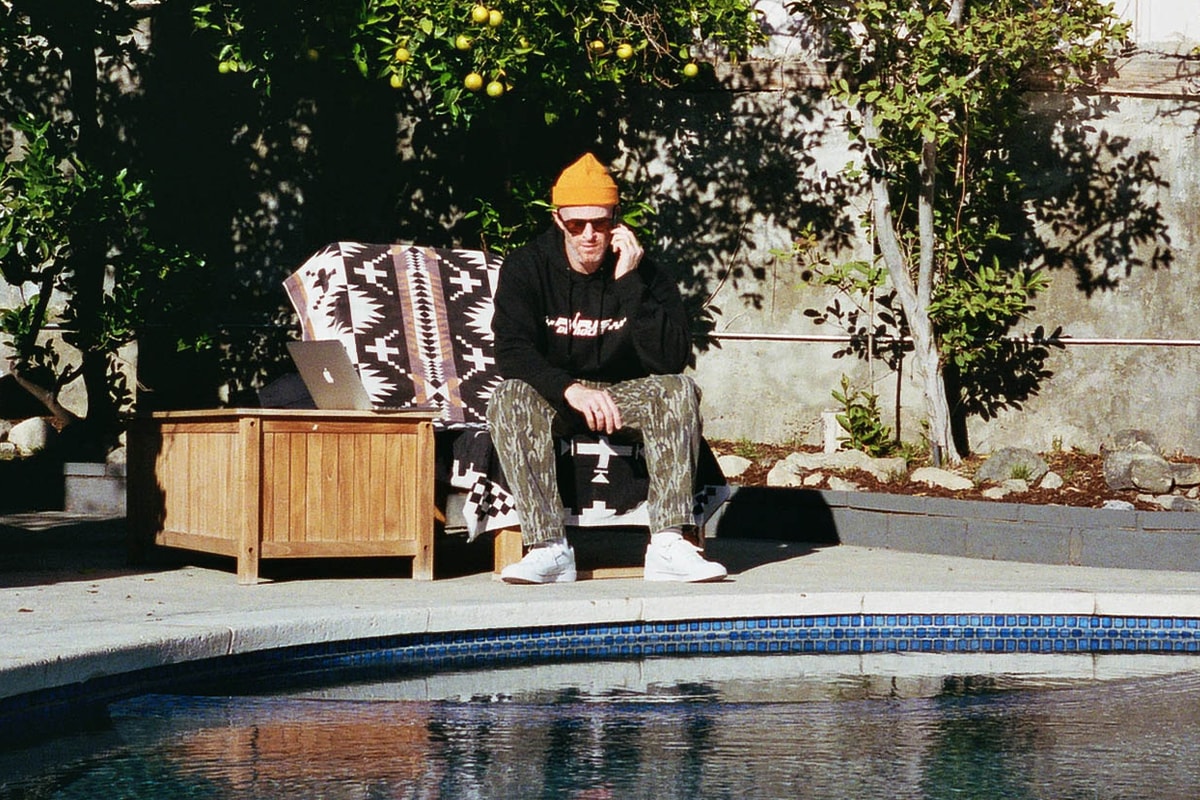
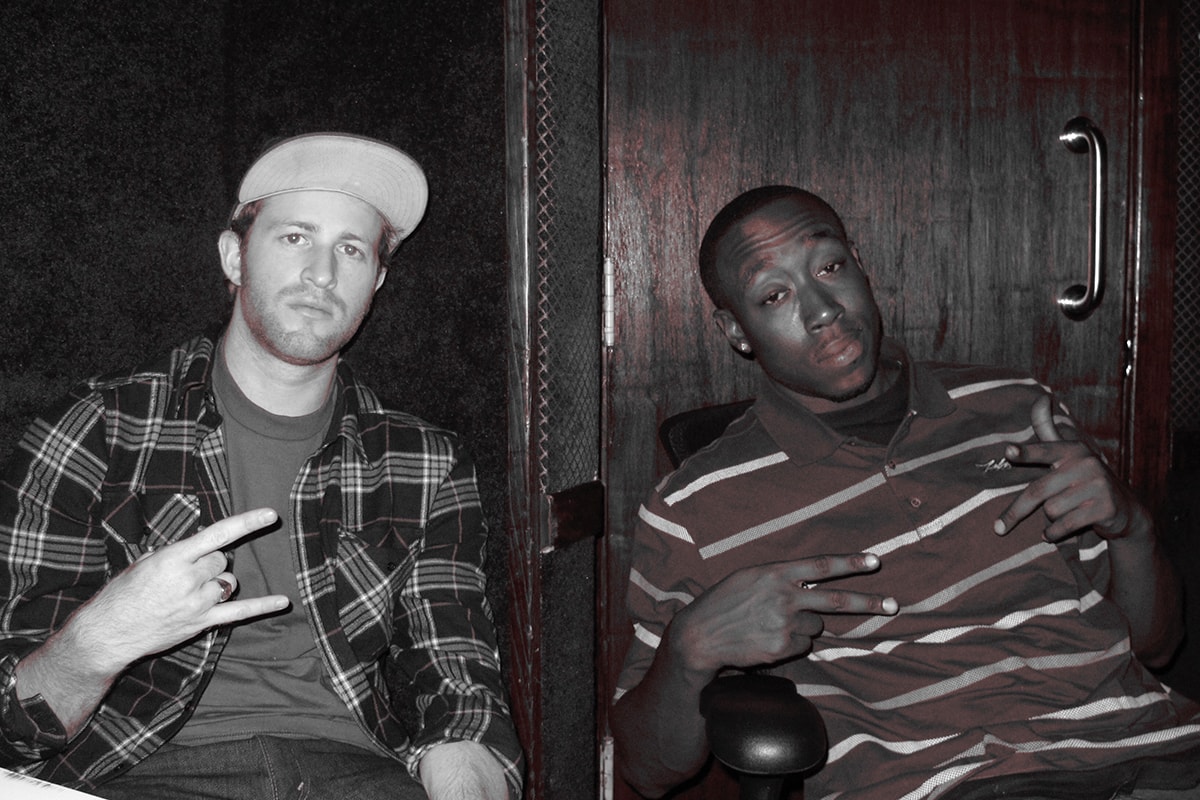
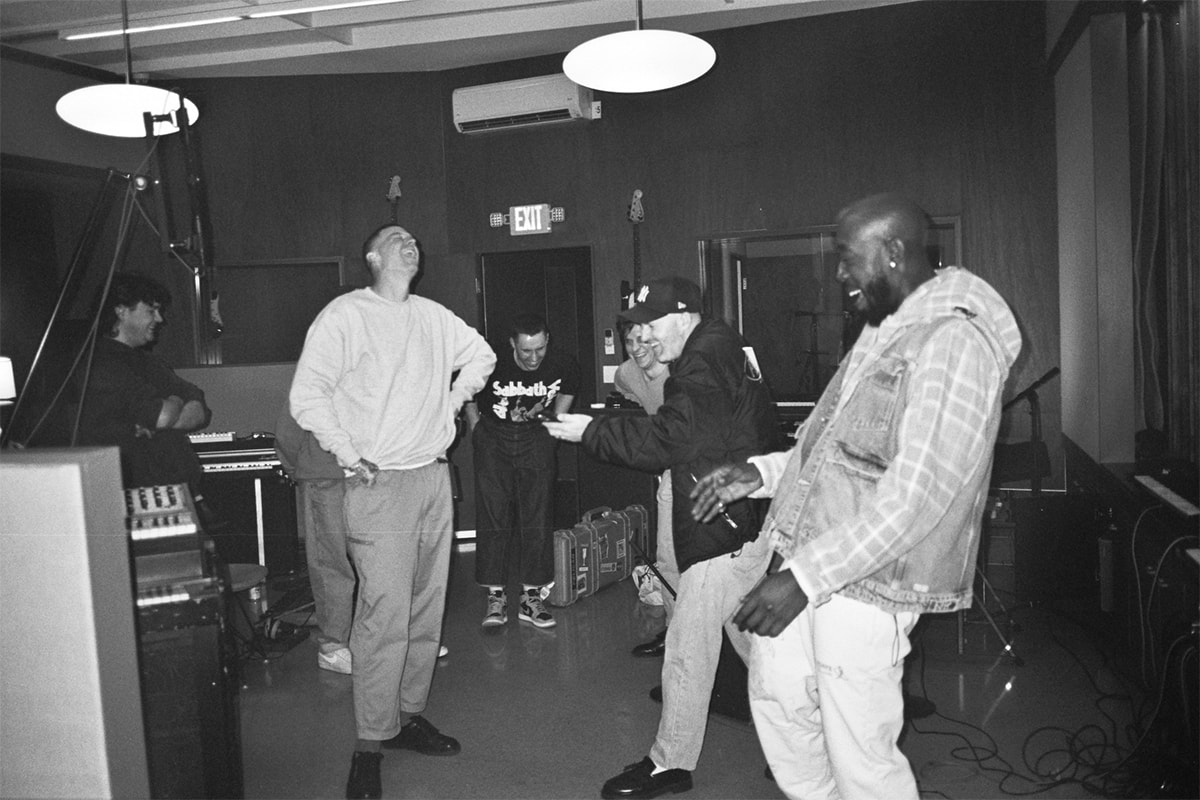
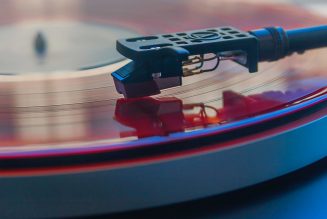
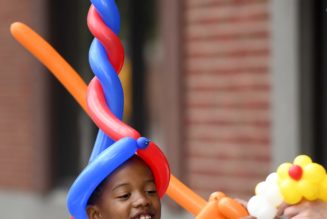
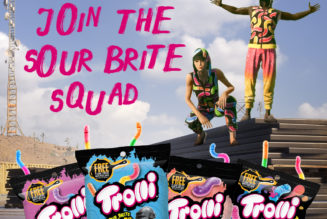

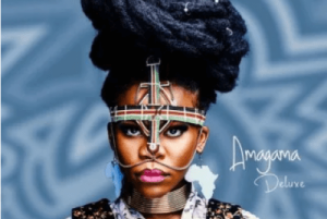
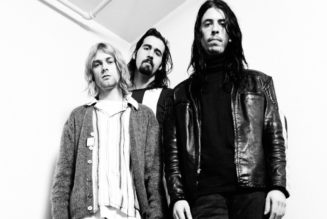
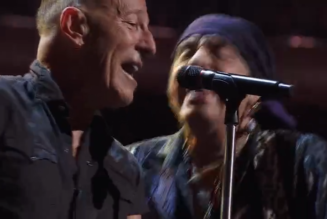
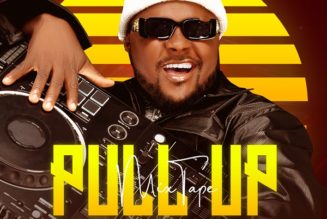
Tagged: entertainment blog, FEATURES, music, music blog